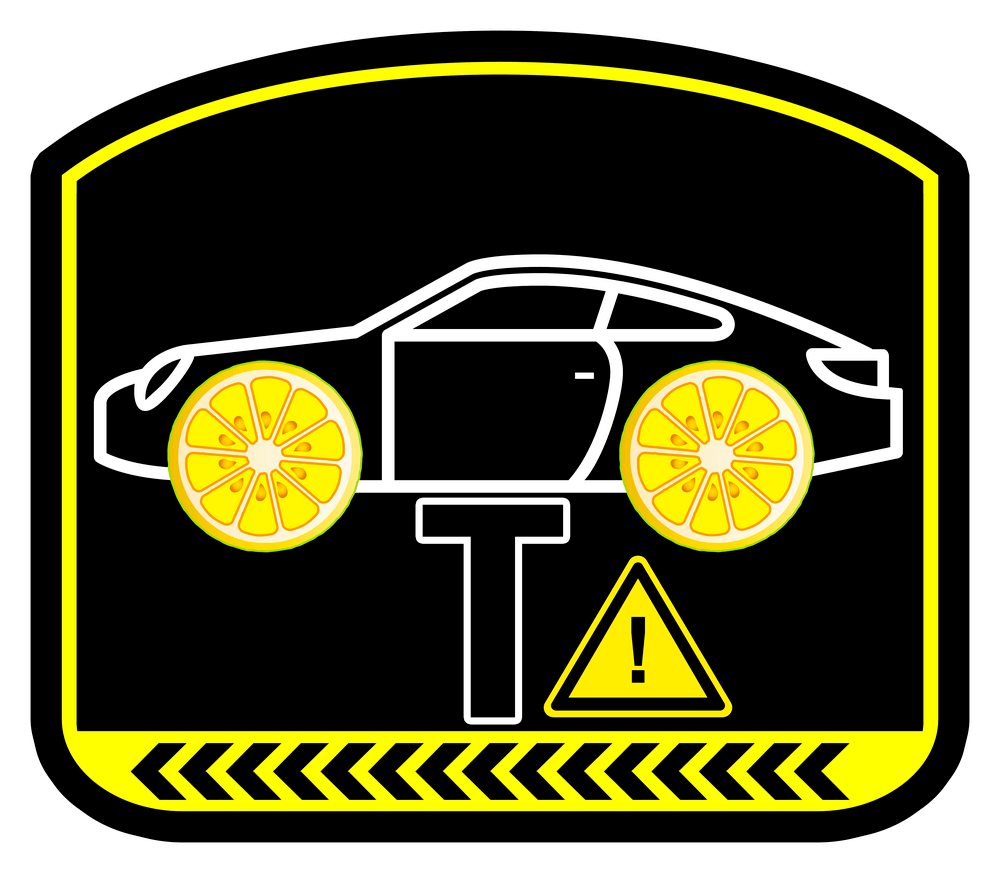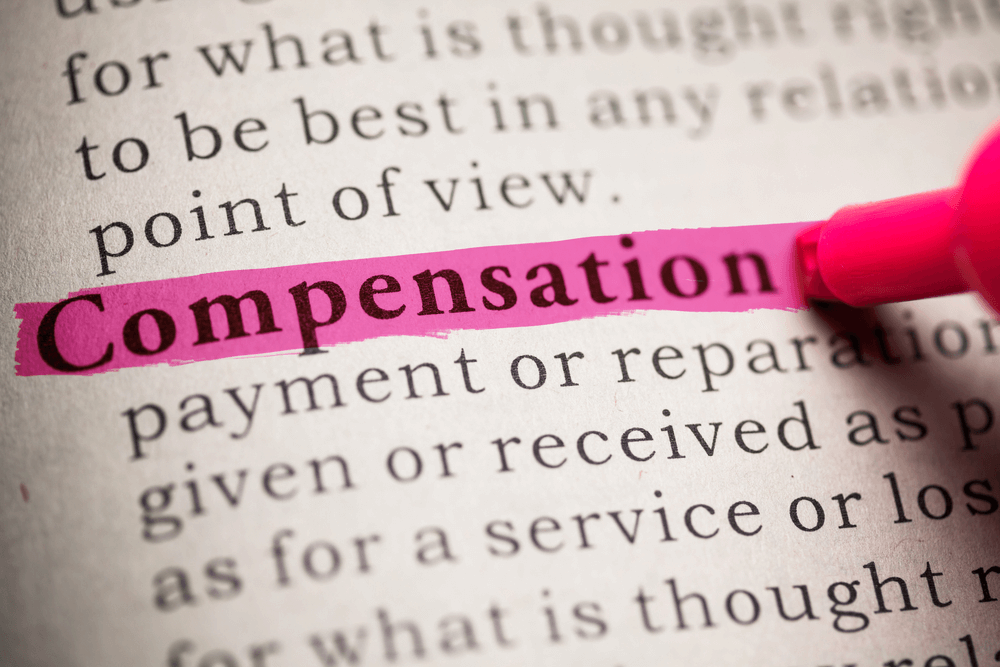Table of Contents
- What Does a Lemon Law Attorney Do?
- What Is the Lemon Law?
- When Can I Make a Lemon Law Claim?
- What About the Manufacturer’s Warranty?
- What Are the Most Common Outcomes of Lemon Law Cases?
- Do I Need Legal Representation for My Lemon Law Case?
- Do I Have to Let the Automobile Manufacturer Know About My Lemon Law Claim?
- What Is the Lemon Law Claims Process Like?
Lemon Law Lawyer
The Florida lemon law is a consumer protection law that provides legal recourse for individuals who purchase or lease defective cars. It helps with resolving issues related to persistent defects or malfunctions that impair the vehicle’s use, value, or safety. Lemon law attorneys specialize in advocating for consumers’ rights and navigating the complex legal processes involved in resolving lemon law cases.

What Does a Lemon Law Attorney Do?
A lemon law attorney specializes in assisting consumers who have bought or leased vehicles that don’t run correctly, providing legal services and representation throughout the process. Their primary role is to advocate for the consumer’s rights and navigate the complex legal landscape associated with lemon law.
The attorney will evaluate the case by reviewing the relevant documentation, such as repair records, warranty information, and communications with the manufacturer. They will assess whether the vehicle meets the criteria for being considered a “lemon car” under the Florida state lemon law. Once it is determined that a case is viable, the attorney will proceed with filing a claim against the manufacturer on behalf of the consumer.
What Is the Lemon Law?
The lemon law is a legal framework that provides consumer protection for people who purchase or lease defective vehicles. It allows car owners to seek remedies when they unknowingly buy a faulty car.
It aims to protect consumers from financial loss and inconvenience caused by defective vehicles by providing options such as vehicle replacement, refund, or monetary compensation. Lemon law provides consumers with rights and legal recourse to address significant issues.

Florida State’s Lemon Law
In Florida, a car must have a nonconformity that substantially impairs its use, value, or safety. If the defect cannot be fixed after several repair attempts, usually three, or if the car is out of service for a cumulative total of 15 or more days, the consumer may be eligible for relief.
The state’s lemon law requires the manufacturer to provide the consumer with a replacement vehicle or a refund of the purchase price, including any reasonable fees associated with the purchase. These provisions ensure that consumers in Florida have recourse when faced with persistent defects that significantly impact their ability to use and enjoy their vehicles.

The Magnuson-Moss Warranty Act
If you’re not eligible for compensation under the Florida state lemon laws, you might still be able to get help due to the Magnuson-Moss Warranty Act. This is a federal government law that governs warranties on consumer products, including vehicles. It protects people by setting standards for warranty information and preventing deceptive or unfair warranty practices.
The Act requires manufacturers and sellers to provide clear and detailed warranty terms to consumers before purchase. It prohibits “tie-in” sales, where warranties are conditioned on the use of specific products or services. The law also promotes competition by allowing consumers to seek legal remedies for breach of warranty, including legal fees. Overall, the Magnuson-Moss Warranty Act enhances consumer rights and ensures transparency and fairness in product warranties.

When Can I Make a Lemon Law Claim?
You can’t make a lemon law claim after your first repair attempt. Your lemon law rights only kick in once you’ve made a number of attempts to fix the defective vehicle and given the car manufacturer a chance to repair the issue.
There are also several other conditions that have to be met. Businesses can make a claim as long as they don’t have more than a certain number of vehicles registered. Additionally, lemon law protection is only active for two years from the purchase date of your new vehicle, and used cars aren’t typically covered.

A Reasonable Number of Repair Attempts Have Been Made
A repair attempt refers to an effort made by an authorized repair shop to fix a defect or nonconformity in a vehicle. To establish a valid lemon law claim, multiple repair attempts are required. This is because the law recognizes that some issues may be isolated or temporary, and providing the manufacturer with a reasonable opportunity to fix the problem is important.
By requiring a number of repair attempts, the law aims to ensure that manufacturers have a fair chance to rectify the issue before considering the vehicle a lemon. However, if the defect persists despite repeated repair attempts, the consumer may be eligible for relief under the lemon law.
Your Vehicle Has Been Out of Action for a Long Time
A vehicle is deemed a lemon if it has been out of service for a cumulative total of 15 days or more. This means that the vehicle has been in the service facility for a significant amount of time due to the attempted repair of one or more nonconformities.
This requirement recognizes the inconvenience and disruption caused to the vehicle owner when their car is repeatedly inoperative or undergoing repairs for an extended period. It serves as a threshold to establish that the vehicle’s nonconformities have had a substantial impact on the consumer’s ability to use and enjoy the vehicle, warranting the consideration of relief under the lemon law.

Your Vehicle Qualifies
In Florida, the lemon law primarily applies to new vehicles, specifically those purchased or leased with a manufacturer’s warranty. Used vehicles are generally not covered under the lemon law unless they are still within the original manufacturer’s warranty period.
While a used car may have its own warranty protections, the lemon law in Florida primarily focuses on safeguarding consumers who experience issues with new vehicles.
Do Recreational Vehicles Qualify?
Almost all regular lemon cars are covered under the lemon law, but what about lemon RVs? Recreational vehicles are covered, but the living facilities are not. If at least three repair attempts unrelated to living facility components have been made or your vehicle has been out of service for repair for at least 15 days, you’re likely to receive compensation.

What Should I Do If My Used Car Is a Lemon?
To prevent buying a used lemon, thoroughly read through consumer reports, choose a certified pre-owned vehicle, and take out an extended warranty. If you still have issues, there are a few steps you can take. Firstly, document all repairs, including dates, invoices, and descriptions of the problems encountered. Next, consult with a reputable mechanic or specialist to assess the extent of the defects and potential repair costs.
Consider reaching out to the dealership or seller to explain the situation and negotiate a resolution. If unsuccessful, you may explore alternative dispute resolution methods or consult with an attorney specializing in consumer law to explore possible legal remedies.
You’re Making Your Claim in a Timely Manner
To have a valid claim under the lemon law, it is crucial to initiate the process in a timely manner. In Florida, the claim must be made within a specific timeframe. In the case of a new car, this is within 24 months from the delivery date.
Filing the claim within this period is essential to protect your rights and ensure eligibility for potential remedies. Waiting too long may result in the loss of your ability to seek relief. Therefore, if you believe you have a valid lemon law claim, it is vital to act promptly and consult with an attorney experienced in lemon cases to understand the specific deadlines and requirements in your jurisdiction.

Do Members of the Armed Forces Qualify?
The Florida lemon laws apply in the same way regardless of military or civilian status. Military status itself does not provide any additional protections under the lemon law.
If you believe you have a valid claim, it is recommended to get lemon law help from an attorney in your area who can provide specific guidance based on your jurisdiction’s laws and assist you in navigating the legal process effectively.


What About the Manufacturer’s Warranty?
The manufacturer’s warranty is closely related to lemon laws and plays a significant role. Lemon laws typically require that the vehicle experiencing persistent defects falls within the warranty period provided by the manufacturer. The warranty serves as a guarantee of the vehicle’s quality and performance. If the vehicle develops substantial defects within the warranty period and the manufacturer fails to repair them adequately, lemon law claims may be pursued.
The warranty terms and conditions, including the repair obligations of the manufacturer, are examined to determine if the consumer’s rights have been violated. The documentation and the manufacturer’s response to warranty claims and repair requests are crucial evidence in lemon cases.

What Are the Most Common Outcomes of Lemon Law Cases?
Most people who make successful claims can expect either a full refund or some level of compensation. Sometimes, the manufacturer pays for a brand-new replacement vehicle, especially if the driver collaborates with an experienced lawyer who knows all the rules and regulations.
Settlements are common, and lemon law cases don’t often get taken to court. However, if no resolution can be found, arbitration or mediation may be necessary.
Getting a Brand New Replacement Vehicle
A consumer is eligible to receive a replacement vehicle if their original vehicle is deemed a lemon. Receiving a replacement vehicle ensures that the car owner can obtain a reliable and functional vehicle in exchange for the lemon, allowing them to move forward without the ongoing frustration and inconvenience caused by the defective vehicle.
Getting a Full Refund
In certain cases, a driver may be eligible to receive a full refund for their defective vehicle. By obtaining a refund, the consumer can recoup the entire purchase price, including any associated finance charges, fees, monthly payments, rental cars, and taxes.
This allows them to sever ties with the problematic vehicle and pursue alternative options without financial loss. Additionally, a refund provides the freedom to explore different vehicle choices and brands, ensuring a fresh start and the opportunity to make a more satisfactory purchase.
Getting Cash Compensation
Under Florida lemon law, compensation revolves around the vehicle itself and its related expenses. This includes the purchase price, any financing charges, loan payoff, taxes, and registration fees. Additionally, manufacturers may be responsible for reimbursing the consumer for reasonable repair costs incurred while attempting to fix the defects.
However, it is important to note that lemon law generally does not cover expenses beyond the vehicle, such as lost income, inconvenience, or personal expenses. These other types of compensation or damages may fall outside the scope of the law and require a separate legal recourse, depending on the specific circumstances of the case.

Do I Need Legal Representation for My Lemon Law Case?
Legal representation is highly recommended for your lemon law case for several important reasons. First, lemon laws can be complex, with specific requirements and deadlines that must be met. A skilled attorney experienced in lemon law understands these intricacies and can navigate the legal process effectively on your behalf.
They will ensure that your rights are protected, gather the necessary evidence, handle negotiations with the manufacturer, and advocate for the best possible outcome. Additionally, manufacturers are more likely to take your claim seriously when you have legal representation, increasing the chances of a favorable resolution. With an attorney by your side, you have a knowledgeable advocate who will fight for your rights and help you pursue the compensation you deserve.
Why Choose Specialized Lemon Law Attorneys?
Choosing specialized lemon law attorneys is highly advisable. These attorneys have in-depth knowledge and expertise specifically in lemon cases, enabling them to navigate the complexities of the state lemon laws effectively and ensuring you receive accurate and tailored guidance. Specialized attorneys also have experience in dealing with manufacturers and their legal teams.
This allows them to negotiate from a position of strength and secure the best outcome for you. Moreover, their familiarity with lemon law precedents and case law enhances their ability to build a strong case on your behalf. By choosing specialized lemon law attorneys, you gain the advantage of their knowledge, experience, and advocacy skills to maximize your chances of a successful resolution in your case.

What Are a Specialized Attorney’s Fees Like?
You don’t usually have to pay upfront attorney fees for this kind of case. Instead, the lawyer makes a note of their time and expenses and submits them to the auto manufacturer, who has to settle the bill. This means that legal services are free for the consumer, as they are covered by the party responsible for the damage.
Jonathan D. Schwartz
When choosing Jonathan D. Schwartz as your attorney, you can expect personalized attention and a commitment to your case. With over 20 years of experience, Jonathan personally evaluates each case to determine the most effective course of action during the free consultation.
You are not just another name to him – Jonathan will work with you one-on-one to pursue your lemon claim and help you regain your losses. Trust Jonathan D. Schwartz to provide dedicated representation and fight for your rights as a consumer.
Do I Have to Let the Automobile Manufacturer Know About My Lemon Law Claim?
You can only receive significant compensation if the auto manufacturer failed to uphold their end of the bargain and provide you with a functional vehicle. They get a reasonable number of attempts to fix the issue within a reasonable timeframe. If they fail to do so, you can reach out to a lemon law attorney and ask them to help you get your money back.
What Is the Lemon Law Claims Process Like?
The claims process involves several key steps. Firstly, you will gather and organize all relevant documentation, including warranty information and communication with the manufacturer. Next, you will consult with a lemon law attorney who will evaluate your case’s merits, determine your legal rights, and guide you through the process.
The attorney will then initiate the claim by sending a demand letter to the manufacturer, outlining the defects and seeking a resolution. From there, negotiations may ensue, with the attorney advocating on your behalf for a suitable remedy, such as a vehicle replacement, refund, or buyback. If a satisfactory resolution cannot be reached through negotiations, the attorney may proceed with litigation to fight for your rights in court.
If you need lemon law help because your new vehicle isn’t working as expected, the best way forward is to contact an experienced attorney who can analyze your situation and help you take legal action to recuperate your losses. Reach out to Jonathan R. Schwartz to schedule your free case evaluation and find out about your legal rights.

